I’m a Millennial, but I’m seriously considering joining the Gen Z sober movement
7 easy ways to cut down your alcohol-intake this Dry January (and beyond) from the Sober Girl Society

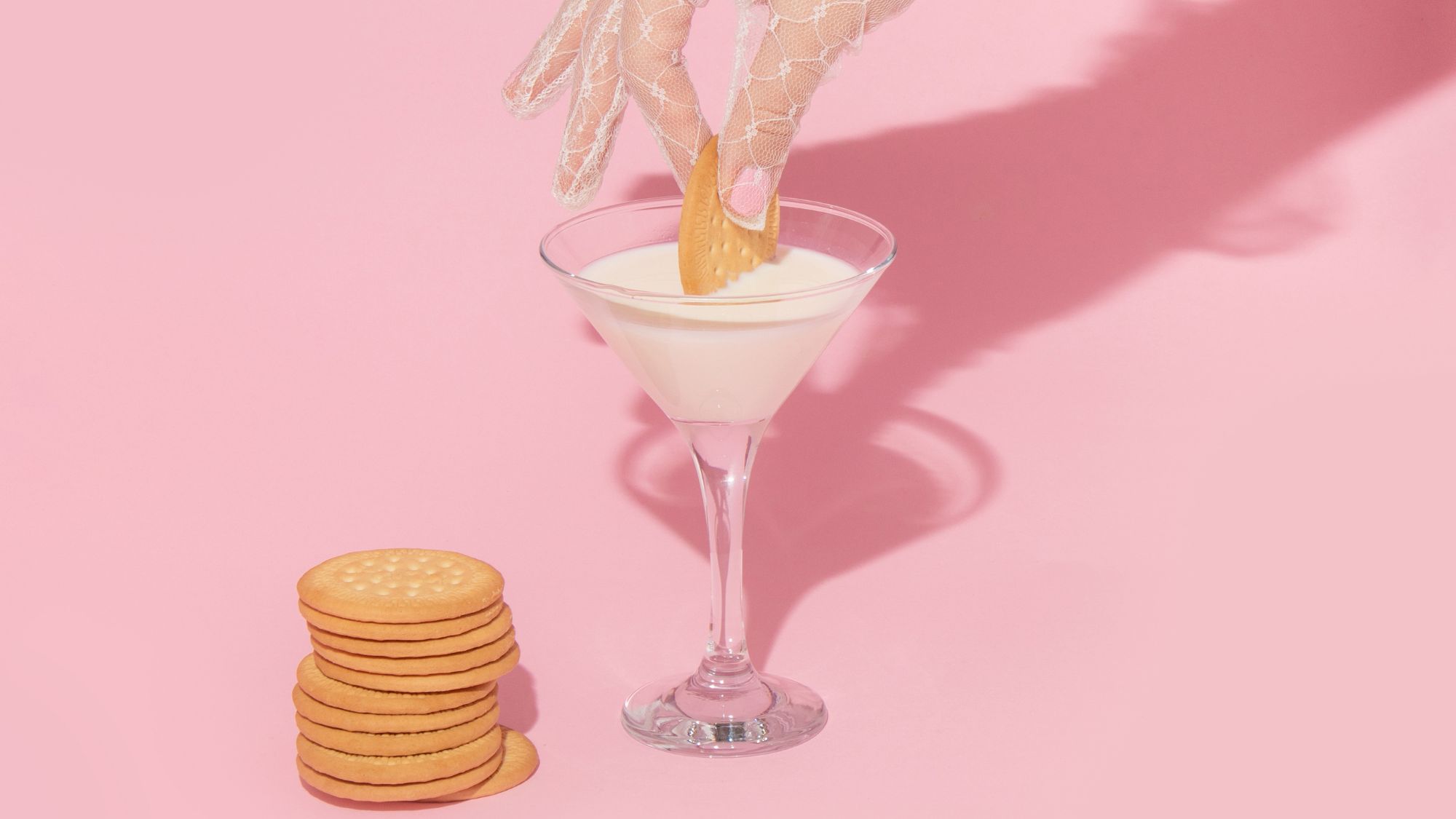
Celebrity news, beauty, fashion advice, and fascinating features, delivered straight to your inbox!
You are now subscribed
Your newsletter sign-up was successful
This weekend is when you’re most likely to give up Dry January according to a Volvic study—here’s how to steady your resolve if you’re tempted by a tipple.
Like most millennials, my teenage years were marked by boozy nights out—I’ve winced passing around questionable drinks mixed from the remnants of my friend's parents’ booze cabinets. I’ve drunk Echo Falls through a straw to get drunk quicker, incidentally, I’ve also ‘strawpedoed’ Bacardi Breezers in club queues while trying to memorise the star sign of my fake ID.
The noughties was an era of alco-pops, club culture, and teen flicks that centred around getting trashed.
Alcohol was everywhere, Carrie, Miranda, Charlotte and Samantha were sipping cosmos (the height of sophistication as far as I was concerned), teenagers in all my favourite movies were passing around red cups, and The Hills girls were hitting up Le Deux every night.
As a teen, there was never a question of whether or not I’d drink, the only question was what I’d drink. I didn’t give much thought to my drinking habits until my first Dry January about eight years ago.
Yet, despite spending most Januarys ‘dry’ (or at least ‘damp’) for the best part of the last decade, I’ve invariably bookmarked my month-long sobriety with a big booze-up. I’d be lying if I said I see myself abstaining forever but I'm increasingly wondering what a more sober life might look like. I guess, like 19% of Brits, I’m sober-curious.
Gen Z is leading the way in this movement: “There are a multitude of reasons why Gen Z drink less, all of them highly sensible: mental health, physical health, an increased interest in wellness”, Hannah Crosbie, a Gen Z wine writer and broadcaster, told me.
Celebrity news, beauty, fashion advice, and fascinating features, delivered straight to your inbox!

She’s not wrong: the benefits of cutting down alcohol are well documented, and in my experience, it doesn’t take long to reap the rewards, like improved sleep, better energy and increased focus, not to mention no dreaded hangover. Spencer Matthews, TV personality and founder of CleanCo adds, “Most of the achievements in my life, since I stopped drinking, would have seemed unthinkable to me back when I was drinking to excess.”
Like me, sobriety coach Christy Osborne quickly noticed a shift in her mood, “Achieving a full, undisturbed night’s sleep without waking up at 3 AM was a new and rejuvenating experience,” she remembers. Unlike me, Christy has continued her sober journey beyond a buzzy 31-day abstinence during the dullest month of the year.
So why is it so tough to cut out or cut down alcohol? One unignorable fact is that we’re a nation of drinkers—we have the highest number of pubs in the world—and though ‘Booze Britain’ might not be as celebrated as during the heady nineties and early noughties when lad and ladette culture reigned supreme, binge drinking is still normalised.
Ten million people in England regularly exceed medical drinking guidelines. “Many of us continue to struggle to keep on top of our drinking,” explains Dr Richard Piper, Chief Executive of Alcohol Change UK.
Millie Gooch, founder of the Sober Girl Society, explains science shows that we tend to either be natural abstainers or natural moderators. I fall firmly into the former camp but as someone who’s intrigued about cutting down my intake without forever forgoing alcohol, I wanted to see if we can bypass our biology and co-opt the habits of moderators. Here’s what Millie, seven years into her sober journey, had to say.
Millie Gooch’s 7 Steps For Cutting Down Your Alcohol
1. Find out if you’re a natural abstainer or a natural moderator
“Gretchen Rubin talks about the idea that some people are natural abstainers and some are natural moderators. For some people, it’s easier to say, “I’m not having anything”; for others, moderation is easier; they would rather say “one or two”. I worked out that I’m a natural abstainer. And I see it with everything—if there’s a packet of cookies, I can’t just have one or two, I’ll end up demolishing the whole pack. See where it shows up in your life whether you’re a natural abstainer or a natural moderator.”

Millie Gooch, founder of Sober Girl Society
Analyse your relationship with alcohol
“A lot of us don’t think about our relationship with alcohol; we just drink because it’s habit or default, or something we’ve always done or because everyone drinks around us. We never ask, why am I drinking? And why am I drinking in excess?"
Millie recommends questioning your reasons for drinking so that you can start understanding your relationship with it better. Millie drank to dull her anxiety and quiet her brain, as well as to mask her insecurity. “One of the other reasons I drank was because I had no confidence in myself, and I hated the way I looked. So I drank to not think about it,” recalls Millie, who says she recognised that the issue was with confidence and that she needed to address her body image issues rather than just block it out with alcohol.
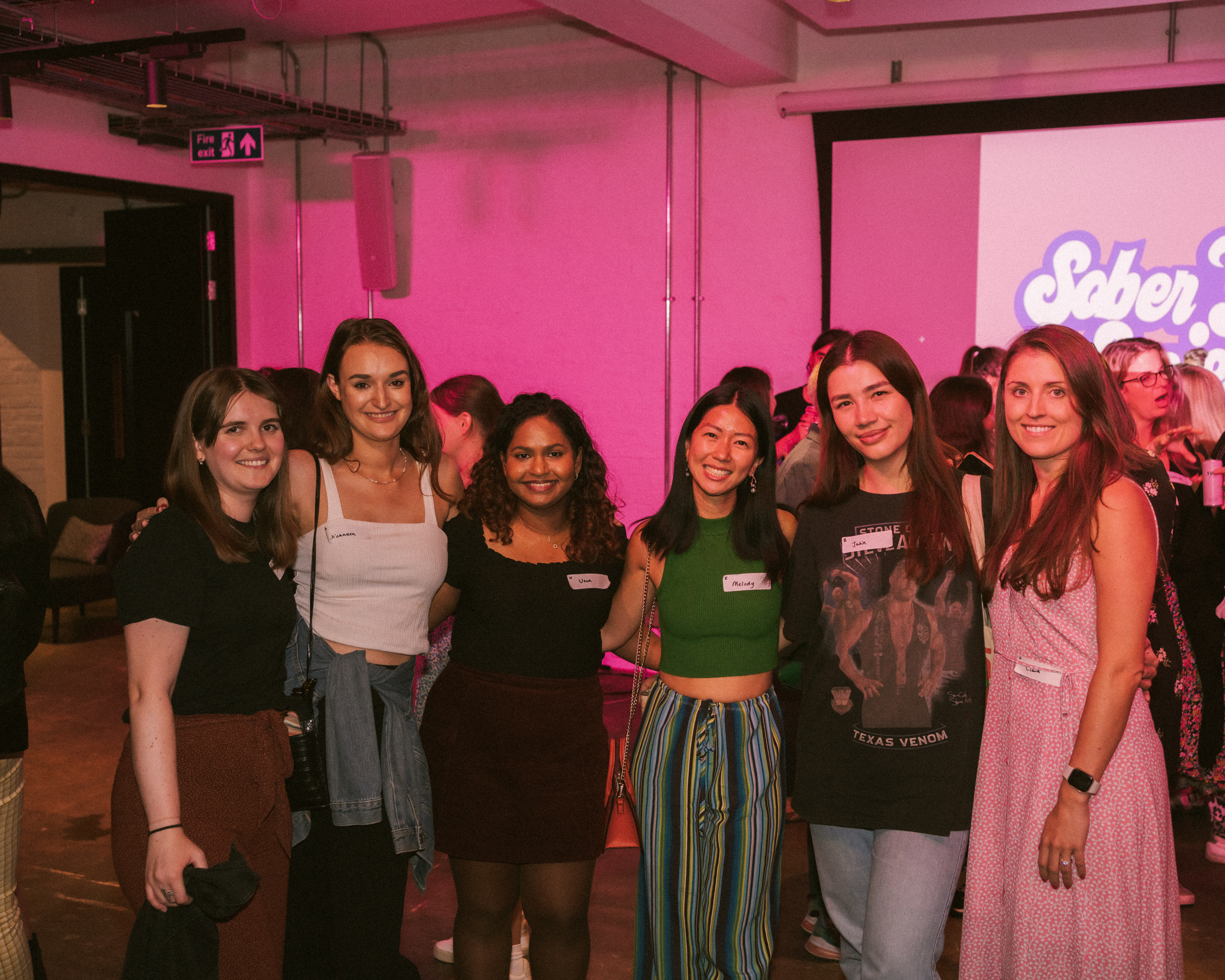
Identify your triggers
Analysing your triggers is really important, advises Millie. Triggers can be people, so she recommends identifying the people that encourage you to drink and analyse your reasons for it; ask yourself who you feel comfortable enough with that you can be yourself with and don’t feel like you need to drink? Who, on the other hand, is making you want to drink? “Maybe every time you’re with your family, you’ve got this condescending aunt who asks why you’re not married yet, and that makes you feel shit about yourself. Then you want to go and drink.” It’s important to find out who these people are to understand your reasons for drinking.
Find your tribe
“I think it’s key to make other friends who are into what you want to do. I don’t necessarily think you need to go and make fellow sober friends; just find people who like doing things you like doing.”
“Finding other people made me feel so normal because when I stopped drinking at 26, I felt so abnormal. Having that community and finding those people was an absolute game changer for me for not feeling alone.”
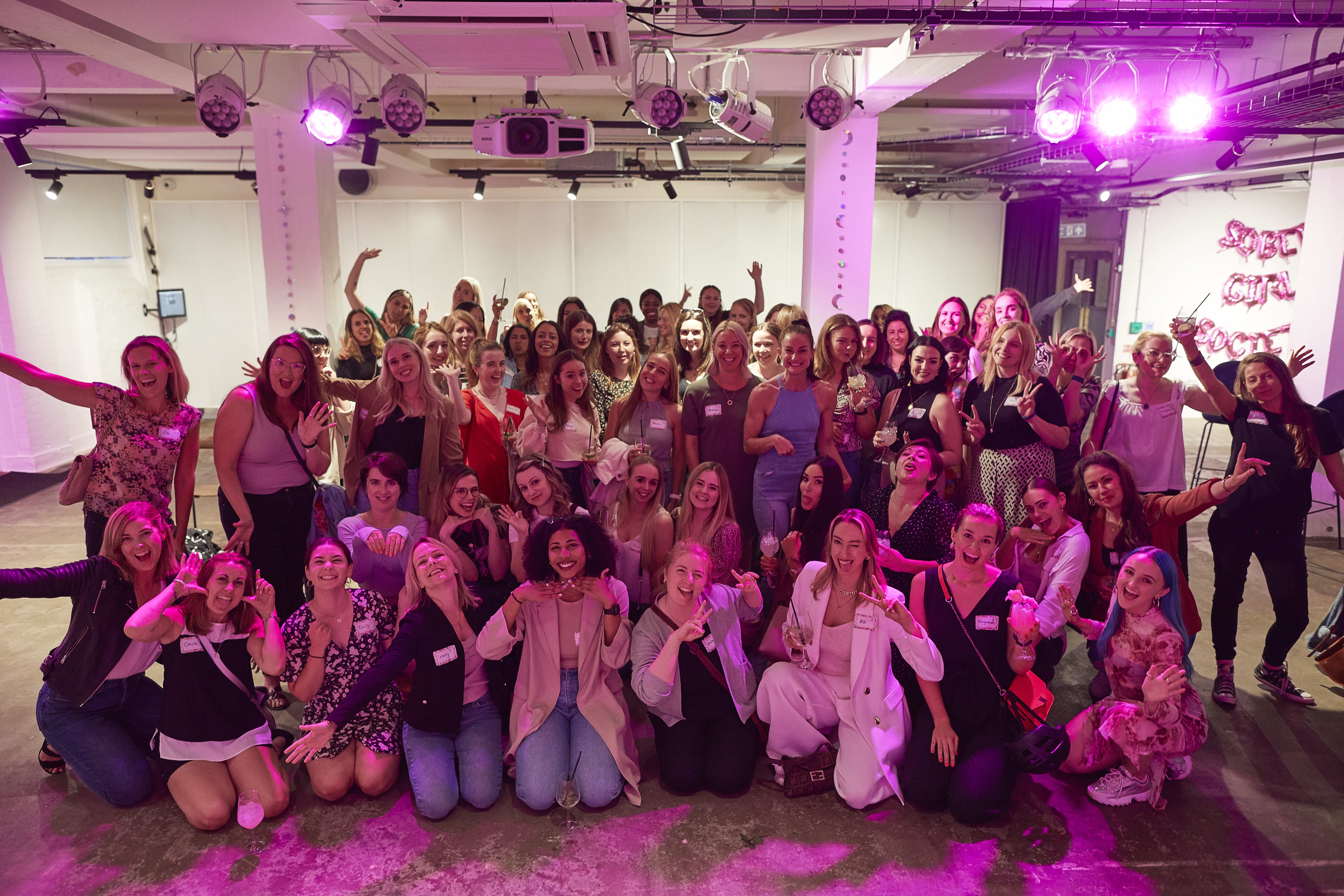
Sober Girl Society mixer
Get prepped
“There’s a benefit in prepping, but don’t let it go to the point where you’re just practising so much you’re putting off doing it. My old Instagram feed was just cocktail recipes, people going out and nightclub pages—follow some accounts for sobriety or mocktail recipes. Try some new non-alcoholic drinks, and work out what the drink is that you love because that’ll make you more excited not to drink alcohol.”
Try new things
“I’ve never found the one passion or hobby I absolutely love. And people have this idea that when you get sober, all of a sudden, you’ll find the thing that lights you up, and that’s not really the case. For me, I just love doing loads of different things and trying new things. So every week, I find a random thing to do.”
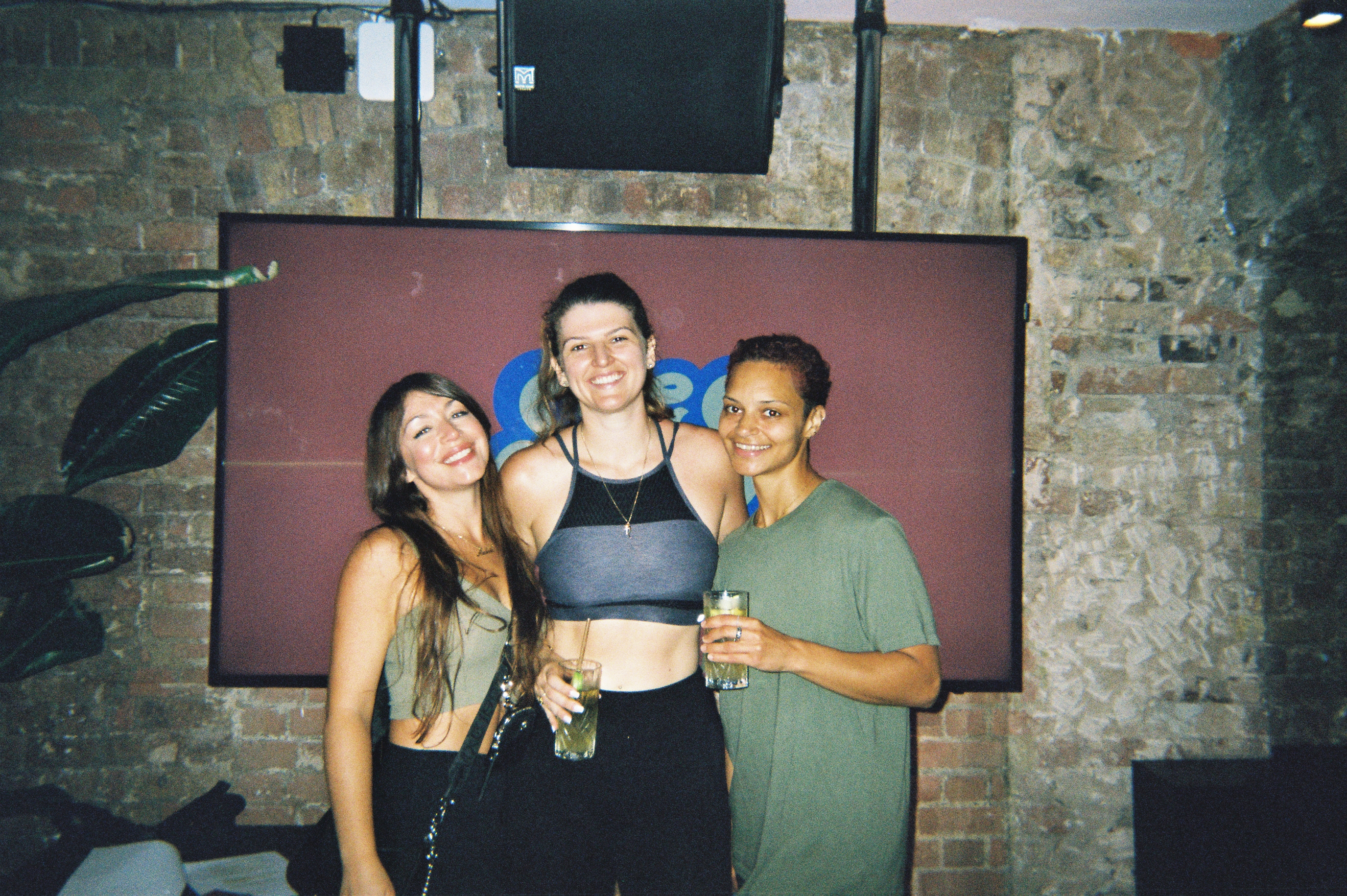
Sober Girl Society mixer
Be honest about your reasons for not drinking
“I think the best thing is to be honest and try and be vulnerable where you can. The more honest you are with people, the more they respect it, and the more they’ll support you. It’s a much better time now to tell people than it was six years ago because it seems like so many more people are [sober] and more understanding of why people are.”
Tips from the Sober Girl Society
- “Because of the cost of living crisis, a lot of people are drinking at home. The danger here is that a lot of us don’t measure our drinks. Get a spirit and wine measure so if you’re drinking at home, you’re not making a quadruple gin and tonic when you only wanted a single.”
- “Use apps like Try Dry—it’s the official Dry January app, but you can use it year-round—to track your units. It’s really helpful to understand how much you’re drinking because so many of us have no concept of units.”
- “I asked our community for tips on cutting down rather than quitting altogether. And someone said they only ever buy small bottles of wine because when they open a big bottle of wine, they’ll finish it.”
- Shift your mindset: “I always associated alcohol as the only way I was gonna have fun or relax. Changing my mindset around alcohol was one of the biggest things.”
Shop our top non-alcoholic drink picks:
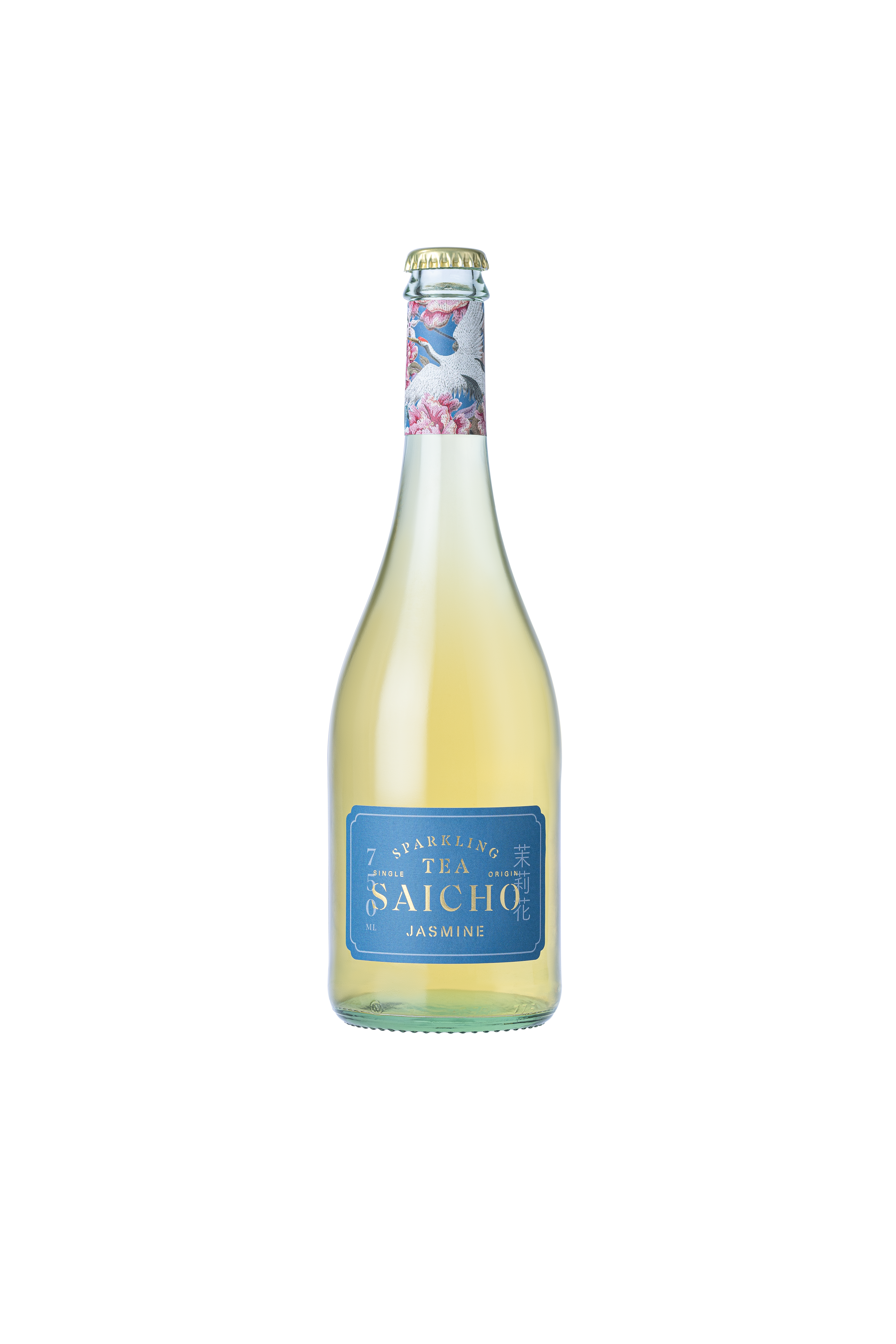
Here’s the catch; I like the taste of alcohol. Negronis, Margaritas, an Old Fashioned with nothing but a zippy orange curl and a single ice cube to dilute the alcohol. I appreciate a strong drink, but when I’m not drinking, I crave a different experience and this sparkling tea from Saicho has been one of my favourites. It’s not trying to fool you into thinking you’re drinking alcohol, but it’s not eye-wincingly sweet either.
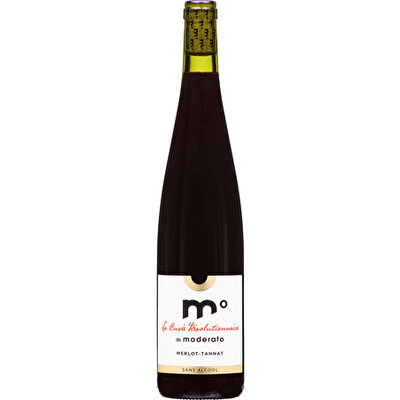
Ok, I know what I just said about not wanting a non-alcohol alternative that tastes like alcohol, but I make an exception when it comes to wine. Earlier this year, Fearne Cotton introduced me to a TikTok trend known as ‘Zebra Striping’, which is essentially switching between booze and booze-free drinks to temper your alcohol consumption. I like to alternate between Moderator’s non-alcoholic wines (they have a great selection, including white and sparkling) and they’re boozier counterparts.
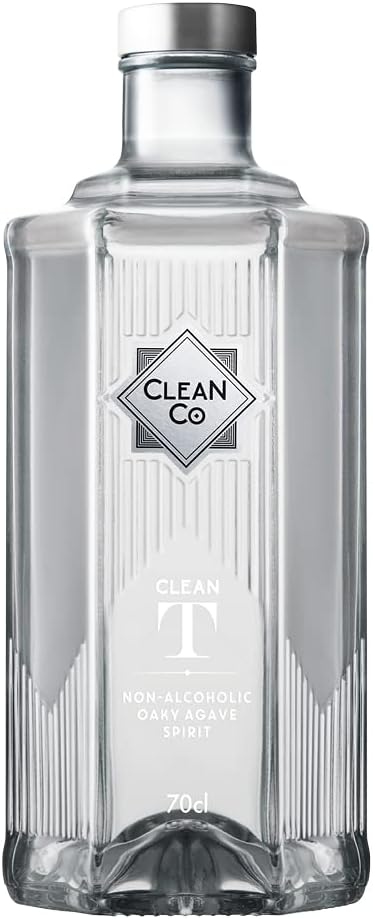
CleanCo’s spirit replacements are like no other. With alternatives for gin, tequila, rum, whiskey and more, they taste pretty close to the real thing - sans booze. Simply swap your spirit of choice for a shot or two of this Clean alternative and you have yourself a cocktail.
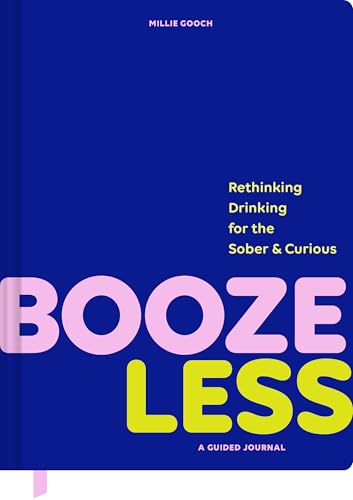
Still needing some help steadying your resolve? Millie Gooch’s new book is stuffed with practical advice about how to rethink your relationship with alcohol. And if you can’t wait until November, her last book—The Sober Girl Society Handbook—is available now.
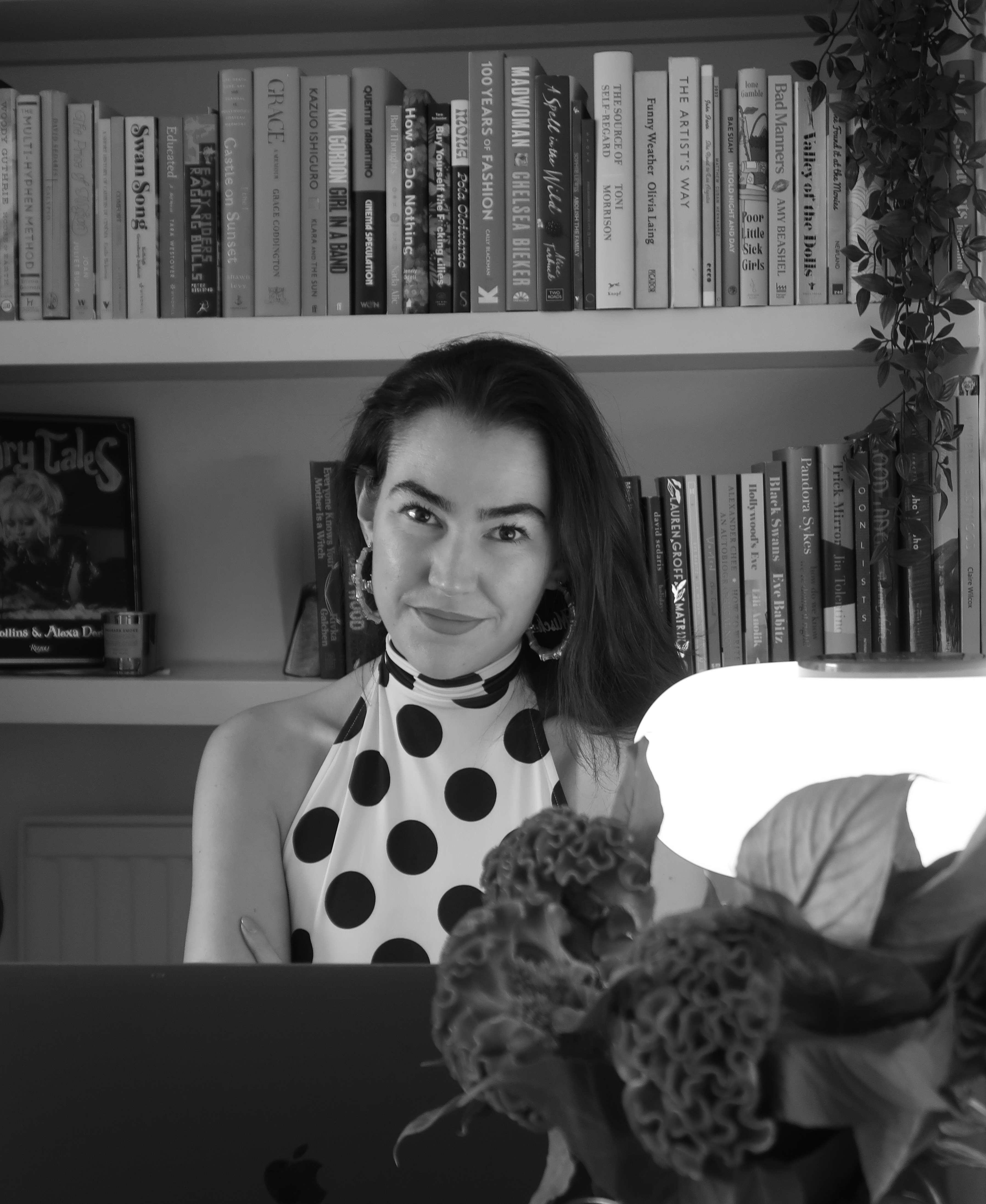
Mischa Anouk Smith is the News and Features Editor of Marie Claire UK, commissioning and writing in-depth features on culture, politics, and issues that shape women’s lives. Her work blends sharp cultural insight with rigorous reporting, from pop culture and technology to fertility, work, and relationships. Mischa’s investigations have earned awards and led to appearances on BBC Politics Live and Woman’s Hour. For her investigation into rape culture in primary schools, she was shortlisted for an End Violence Against Women award. She previously wrote for Refinery29, Stylist, Dazed, and Far Out.